1.5ha wax coconut garden of Mr. Thach Chanh, Hoa Tan commune, Cau Ke district.
Main source of income
In 1924, after completing his study course in Cambodia, Venerable Thach So returned to Botumsakor Pagoda (Hamlet 5, Cau Ke Town, Cau Ke District) and brought with him 02 wax coconut seedlings to plant at the pagoda. These were the first 02 wax coconut trees planted in Vietnam.
Wax coconut has a similar appearance to regular coconut, but the special thing is that the inside of the flesh is very thick, soft, fatty, chewy and almost solid, with a little bit of slightly thick water. This type of fruit is blended into a smoothie or mashed with sugar and milk, it is very delicious and strange to eat.
Initially, wax coconut trees were mainly grown by Buddhists and some local households for family consumption or as gifts. Thanks to its unique flavor, people spread the word; up to now, this fruit has become a specialty of Tra Vinh province. The traditional wax coconut variety is very special, it can only produce wax fruit in Cau Ke land. With the same source, when grown in other lands, it does not produce wax fruit, only producing normal coconuts. Therefore, Cau Ke wax coconut is very popular; becoming the main source of income for many Khmer households in the locality.
Mr. Thach Dach's family, Chong No 2 Hamlet, Hoa Tan Commune, Cau Ke District, started converting 0.45ha of ineffective rice land to grow wax coconut since 2008 and up to now, his family's wax coconut garden has grown to 1.5ha. Currently, this coconut garden yields 100 - 120 wax fruits/month, the selling price ranges from 30,000 - 100,000/fruit depending on the type of wax, liquid wax or thick wax. Along with the source of dry coconut, his family always achieves a stable profit of more than 10 million VND per month, much higher than growing rice on the same area.
Similarly, Mr. Thach Chanh's family in Hoa Tan commune, Cau Ke district also converted ineffective rice-growing land to growing wax coconuts since 2009. Initially, his family only planted 20 experimental trees on 0.1 ha of land. After about 5 years, the trees were harvested, with each bunch of coconuts yielding an average of 2 wax fruits. With a selling price of 150,000 - 200,000 VND/wax coconut at that time, farmers had a "huge" income, compared to growing rice on the same area.
Seeing the effectiveness, Mr. Chanh's family boldly expanded the wax coconut growing area to 1.5 hectares; including 150 traditional wax coconut trees, and 80 embryo-cultured wax coconut trees. On average, he harvests 300 - 400 wax coconuts per month; with the selling price ranging from 30,000 - 100,000 VND/fruit depending on the type, his family has a stable income from this wax coconut garden of over 20 million VND/month.
In recent years, scientists at Tra Vinh University have successfully researched and propagated wax coconut using embryo culture and tissue culture techniques, achieving a wax fruit ratio of 70 - 90%/bunch, much higher than the wax fruit ratio of traditional wax coconut varieties (only 10-20%/bunch). Not only that, the embryo-cultured wax coconut variety can also be grown in many different areas, unlike the traditional coconut variety that is very "picky" about soil, and can only adapt to Cau Ke land.
On average, each year, a traditional wax coconut tree produces 20 - 40 wax fruits; while with embryo-cultured wax coconut, the yield is 5 times higher or more. Therefore, many households growing wax coconut in Cau Ke district are gradually replacing embryo-cultured wax coconut because of the high profits. Up to now, out of over 171,000 wax coconut trees in the district, there are over 2,200 embryo-cultured wax coconut trees. This puts the traditional wax coconut specialty area of Tra Vinh province at risk of being narrowed and "erased".
Preserving traditional specialties
Vice Chairman of Cau Ke District People's Committee Dieu Hung Thang said that in the past, Cau Ke District was the only locality in the country that could grow wax coconut trees thanks to its suitable soil characteristics. Therefore, wax coconuts used to bring a very prosperous life to many Khmer households in the area because they were always in high demand and had high prices. Traditional wax coconuts are a valuable genetic variety, so the locality is actively promoting people not to cut down traditional wax coconut trees to plant embryo-cultured wax coconuts.
Cau Ke Wax Coconut Processing Company Limited (Vicosap) was established in July 2020. This is the pioneer and only unit in Vietnam that processes a variety of wax coconut products. In May 2023, the Vietnam Record Organization awarded a certificate of record for "Unit that deeply processes wax coconut into the most diverse product lines, serving consumption and export" to Vicosap. This is also the unit with the product "wax coconut fiber" that meets the national One Commune One Product (OCOP) standard (5 stars).
In addition, the company has 07 main product lines including: vacuum-packed wax coconut; 03-flavor wax coconut candy (pure, cocoa and pandan leaves); shredded wax coconut; crispy dried wax coconut; crispy dried wax coconut yogurt; 03-flavor wax coconut nutritional cake (banana, sweet potato, pumpkin) and wax coconut yogurt drink; with about 200 types of deeply processed products from wax coconut have been introduced to the market. Currently, Vicosap's products are known and trusted by many people, used as gifts...
Not only present in domestic supermarket systems, Vicosap products are also sold at major airports such as Tan Son Nhat, Can Tho , Da Nang, Cam Ranh, Phu Quoc. At the same time, the products are also supported by Tra Vinh province's functional departments to connect and put on e-commerce platforms. In particular, Vicosap products have been exported to the US, UK, Japan and China.
Mr. Tran Duy Linh, Director of Vicosap, said that currently the company only purchases traditional wax coconuts for processing, at a price about 10,000 VND/fruit higher than the market price. According to Mr. Linh, products processed from traditional wax coconuts are richer in flavor, fatty, supple and much more delicious than those made from embryonic coconuts.
To preserve the traditional wax coconut variety and ensure the source of raw materials for the company's production, Mr. Tran Duy Linh is coordinating with local authorities, functional agencies and traditional wax coconut growers to implement the project "Original wax coconut conservation village associated with service development - community tourism, improving the livelihoods of Khmer people".
Accordingly, this raw material area is grown according to organic standards associated with geographical indications, expected to be completed in 2024. The successful project will help Khmer households growing traditional wax coconut in Cau Ke district to connect, increase income, and have a sustainable consumption market. Traditional wax coconut - a specialty of Tra Vinh province will be preserved and continue to bring high economic efficiency to local Khmer households.
Article and photos: THANH HOA
Source


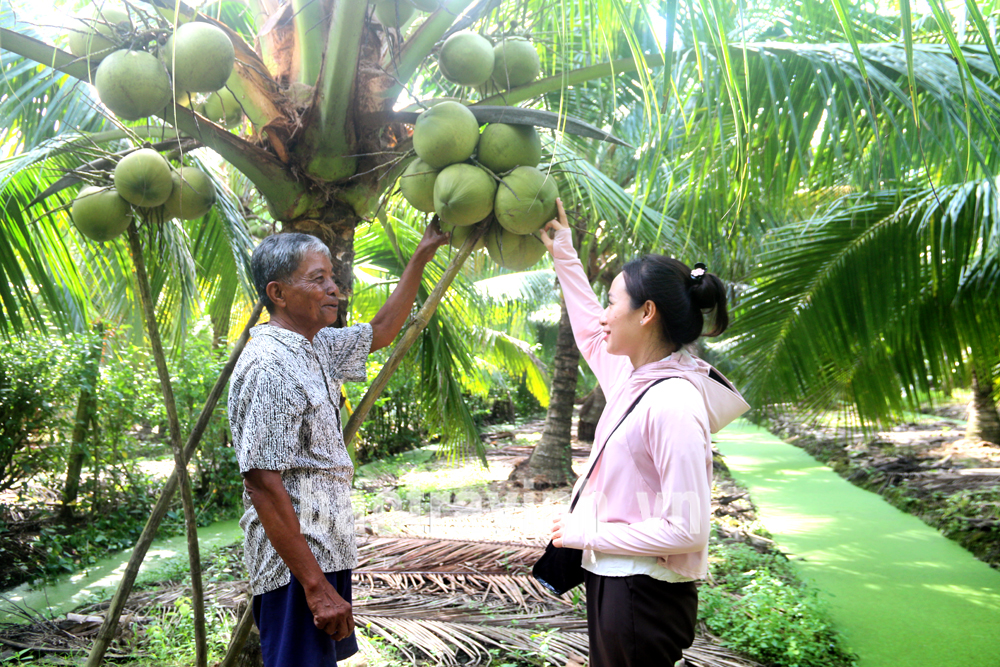
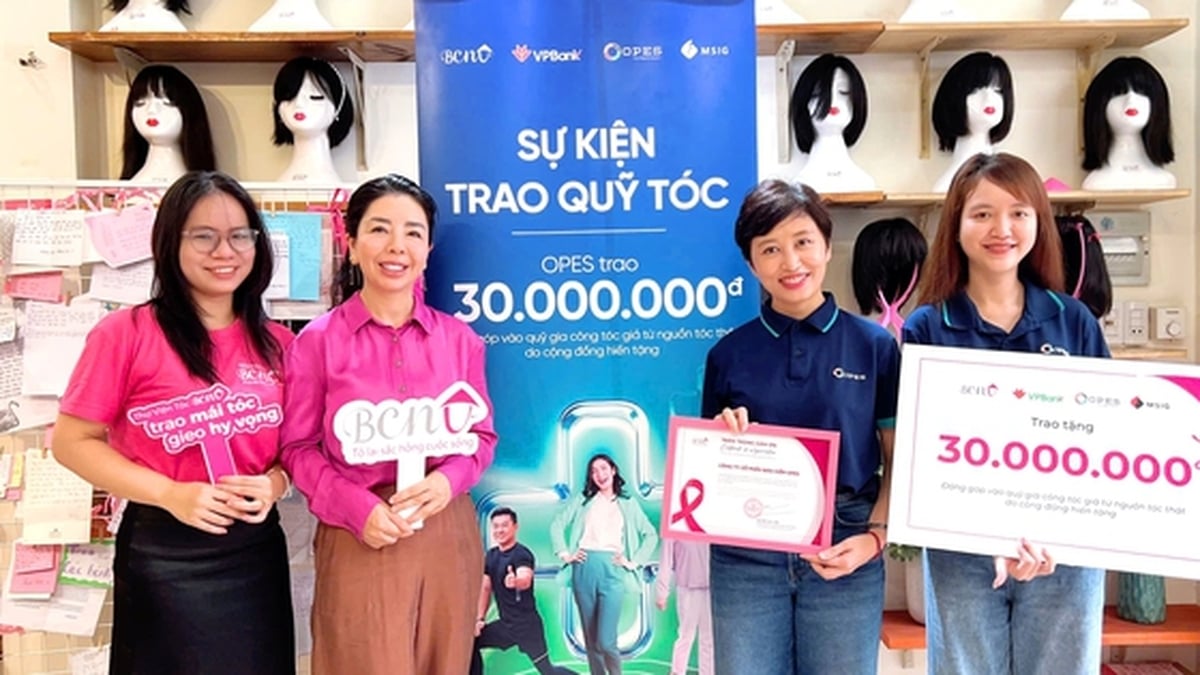
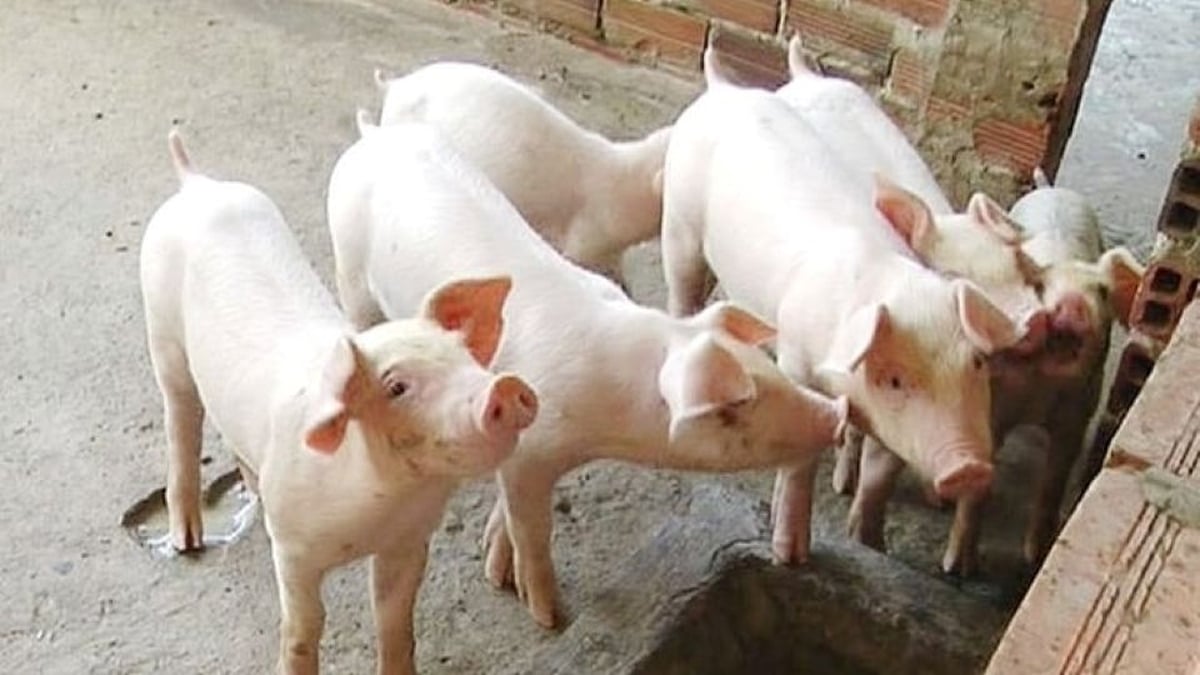
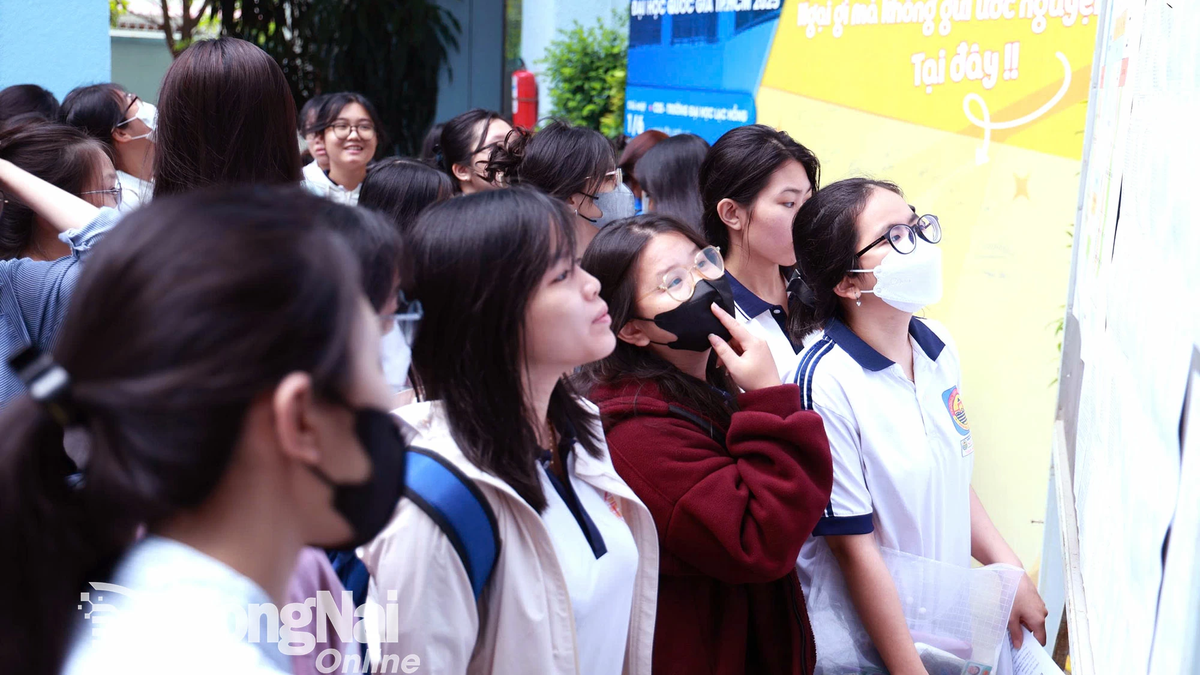























![[Photo] National Assembly Chairman Tran Thanh Man visits Vietnamese Heroic Mother Ta Thi Tran](https://vphoto.vietnam.vn/thumb/1200x675/vietnam/resource/IMAGE/2025/7/20/765c0bd057dd44ad83ab89fe0255b783)

















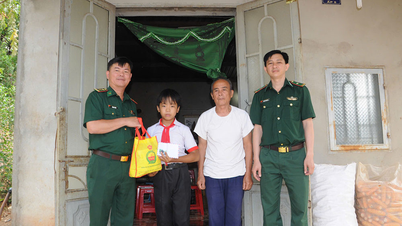

















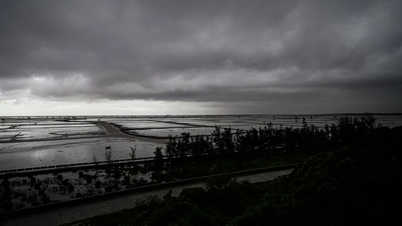



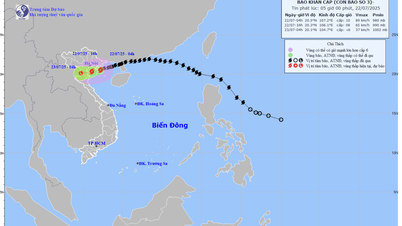







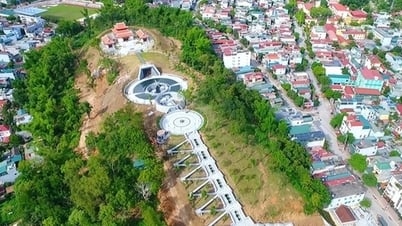
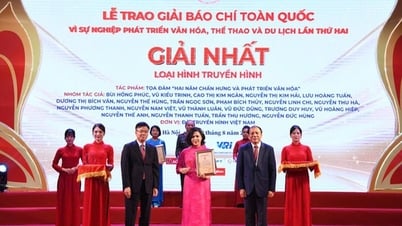


























Comment (0)